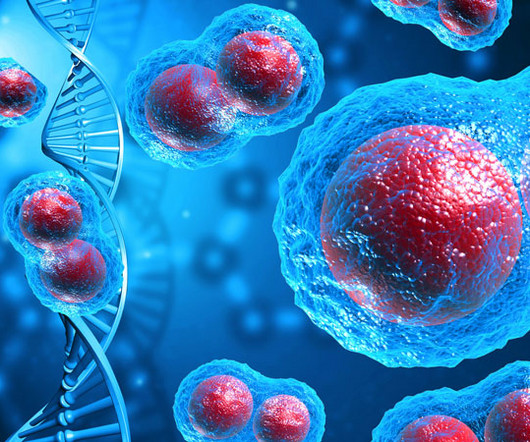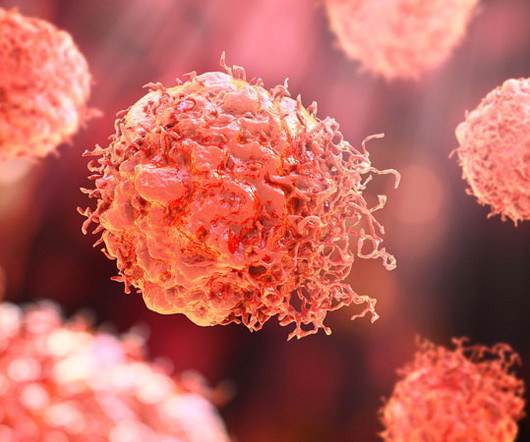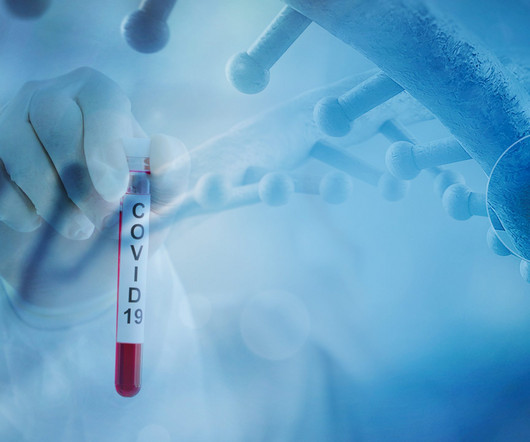Not all neoantigens are created equal
Drug Target Review
DECEMBER 28, 2023
In most cancers, the tumour evolves by acquiring mutations that confer growth advantages or resistance to therapies. These neoantigens are identified by T cells of the immune system as foreign proteins and thus trigger an immune response. Neoantigens are recognised as non-self and trigger an immune response.












Let's personalize your content